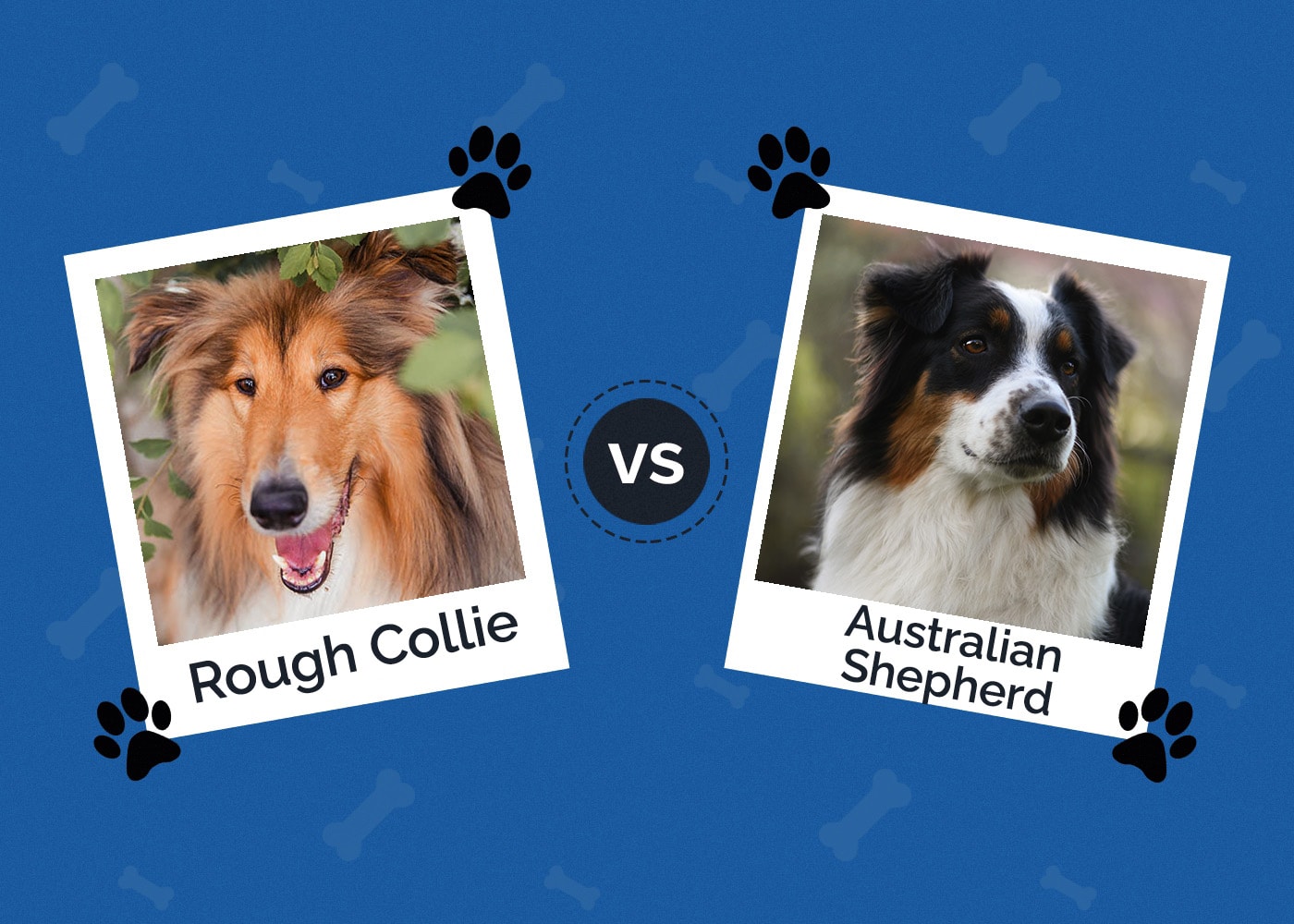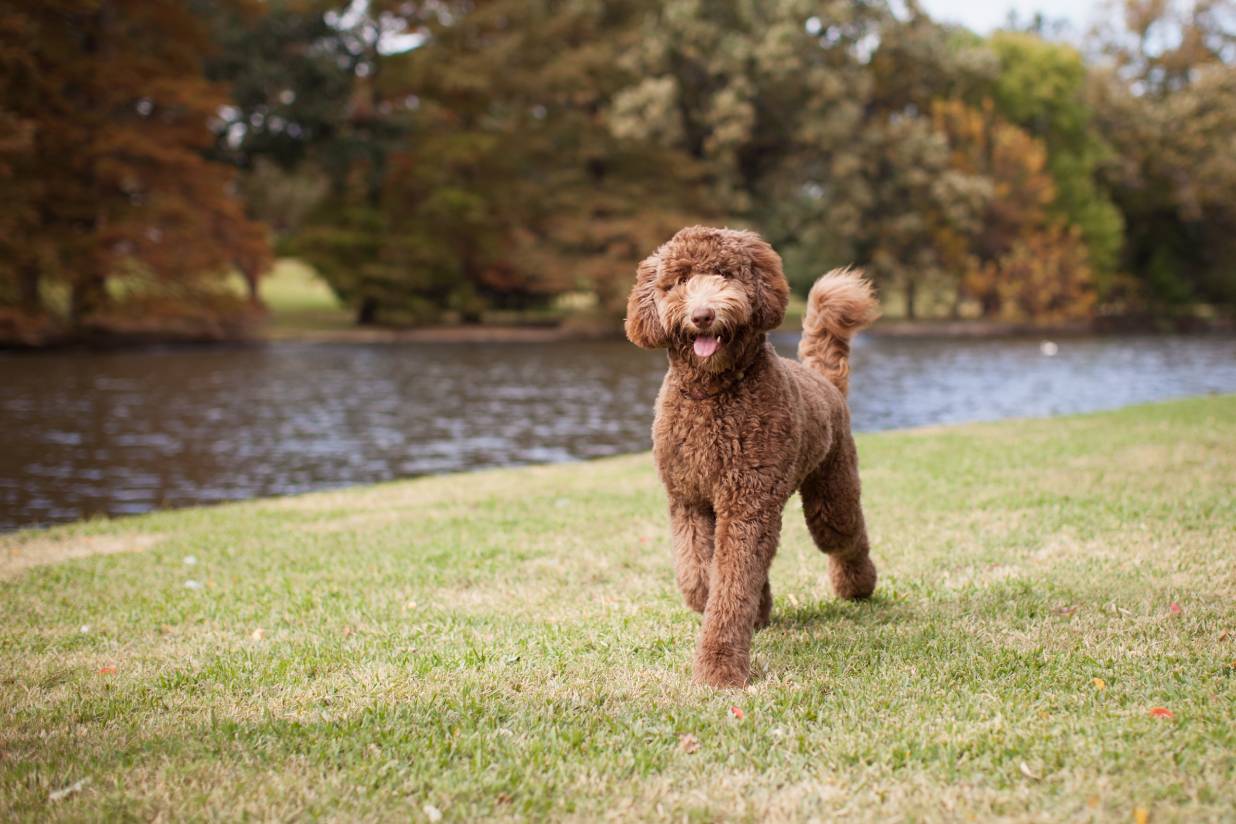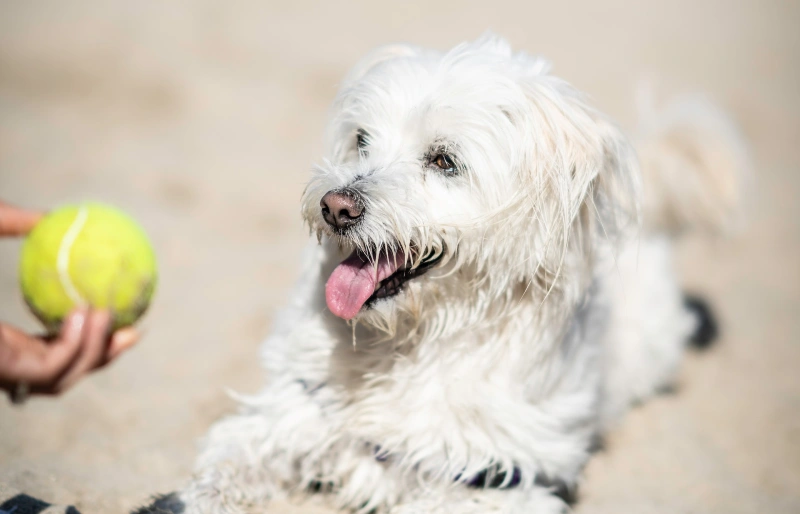Do Shetland Sheepdogs (Shelties) Like to Cuddle? History & Temperament
Updated on
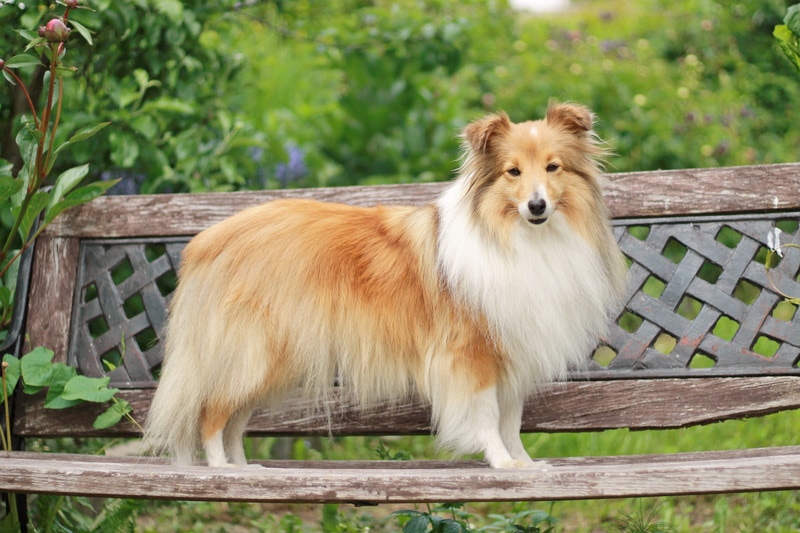
Being a pet parent comes with its share of highs and lows, and one of the highs is giving and receiving affection from your pet. If you’re interested in making a Shetland Sheepdog your new pet, you might be wondering how affectionate this breed can be.
Most of us love a good cuddle, but do Shelties like to cuddle? These dogs are known to be affectionate, so your new pup will likely enjoy a nice snuggle. But every dog is unique, and it’s possible that not every Sheltie will want to cuddle.
We explore the Shetland Sheepdog temperament in more detail and discuss how Shelties typically show affection.
A Short Look at the Sheltie’s History
The beautiful Sheltie is famous for looking like a mini Collie and their gorgeous coat! They come from a place that gave them their name: the Shetland Islands in Scotland. The Collie also hails from Scotland, so it’s no coincidence that Shelties resemble their larger cousins.
Shetland farmers needed a breed that had the work ethic of the Collie but was more compact so they would eat less, which is where the Shetland Sheepdog comes in.
The Shetland Islands are quite cold and windy for most of the year, so Shelties needed those plush double coats to keep them warm. Their main job was herding sheep, ponies, and even chickens.
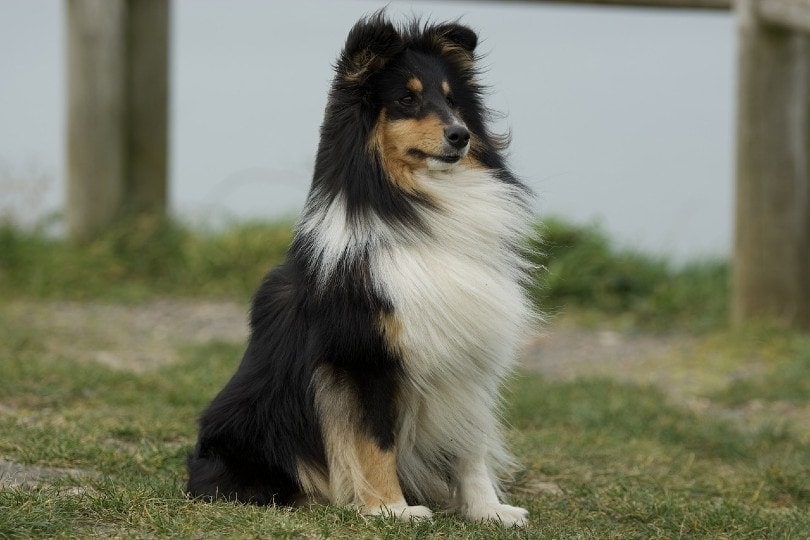
The Sheltie’s Temperament
Shetland Sheepdogs are energetic and playful but also intensely loyal and affectionate with their loved ones. They are intelligent and eager to please, so they are one of the easiest breeds to train.
Shelties are gentle and sensitive dogs and can be wary of strangers. Combine this with their propensity for barking, and they make excellent watchdogs! But this also means the Sheltie is prone to excessive barking, though it can be reduced with the right training.
Like with all puppies, socialization of the Sheltie puppy is essential, or you’ll end up with a shy and nervous adult dog.
Do Shelties Enjoy Cuddling?
Shetland Sheepdogs are quite affectionate, which is a good indication that the breed as a whole will enjoy a nice snuggling session. They form strong bonds with their owners and are prone to separation anxiety when left alone for long periods. Many Shelties enjoy being lapdogs, and unlike Collies, they can actually fit on your lap!
For the most part, Shelties are loving dogs. They will happily seek out family members for belly rubs and ear scratches, so it’s safe to say that most Shelties will enjoy a nice cuddle.
That said, every dog is an individual, and not every Sheltie will want to snuggle up, but this all depends on the temperament and socialization of the dog.
If you plan on starting with a puppy, Sheltie puppies are extremely energetic and playful and won’t spend much time cuddling. But as they grow older, they will calm down and might enjoy a night cuddled up to you on the sofa.
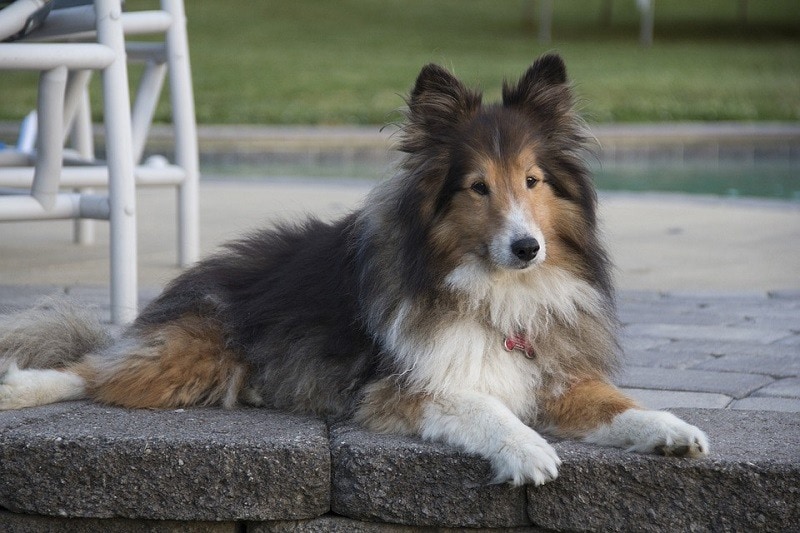
The 8 Reasons Why a Sheltie Does Not Want to Cuddle
Some Shelties might not be cuddly for several reasons. Let’s take a look at a few of them.
1. Temperament
If a Sheltie doesn’t like to cuddle, it might just be the personality of that particular dog. While this breed tends to be devoted to their owners, some dogs might be more independent, which is perfectly normal.
2. Timing
Even if you do have a cuddly Sheltie, they might not be open to cuddling whenever you’re in the mood for it. Some Shelties might only want to cuddle in the evening while you’re watching TV, for example.
3. Not Comfortable
It’s also possible that your Sheltie isn’t physically comfortable with snuggling. Studies show that most dogs don’t like being hugged, so you might make your Sheltie feel uncomfortable if your cuddling includes hugging. They also might feel too hot when cuddled on your lap and would prefer to lie down next to you.
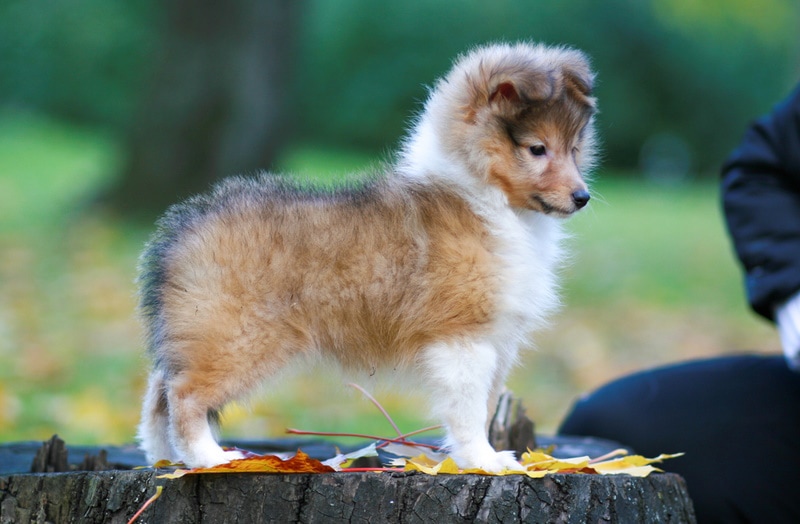
4. Too Young
Puppies are generally too excitable and playful to settle in for a nice cuddle session. They can still be quite affectionate, but until they mature, most petting sessions will either send them to sleep or make them more interested in nipping at your fingers.
5. Inappropriate Training
If a Sheltie hasn’t been appropriately trained—for example, punishment was used instead of positive reinforcement—they can become a less affectionate dog. The same can be said for a dog that has been abused, so if your Sheltie is a rescue, they might become a very cuddly dog or shy away from affection.
6. Inappropriate Socialization
A dog that hasn’t received the right kind of socialization as a puppy can grow up anxious and nervous. A puppy must be introduced to as many places, people, and different environments as possible, which will give them more confidence and help them become a well-adjusted adult dog.
7. Injury or Illness
If your Sheltie used to be cuddly but has recently stopped, they might be in pain or not feeling well. Dogs will attempt to hide that they are sick or injured, but they will start to behave differently. If you suspect that something is wrong with your dog, take them to the vet.
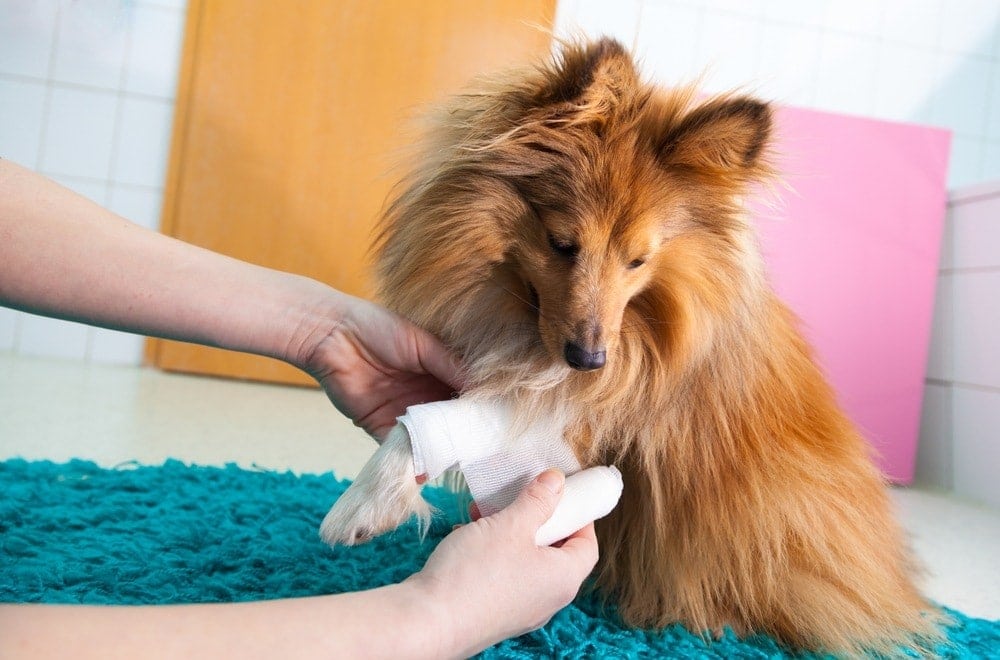
8. Neglect and Isolation
If you’re away from home consistently for long periods, your Sheltie will develop separation anxiety and feelings of abandonment, which will weaken any bond that you have. Some breeds do fine when left alone, but the Sheltie is not one of them. If your Sheltie is a rescue and they were neglected, it will take time for them to trust again.
Why Do Shelties Like to Cuddle?
Receiving affection from a loved one is great for mental health in general, but Shelties have a particularly strong desire to be with their owners. This means they seek out as much affection as possible from their people.
This kind of closeness and affection comes from the background of the Sheltie. Since they are herding dogs, they naturally bond and work closely with their owner, so for this breed, it’s a part of their background.
Shelties are also sensitive and can pick up on the dynamics and moods in the home. Overall, they live to please their owners, and cuddling can help relieve stress—and it feels good too!
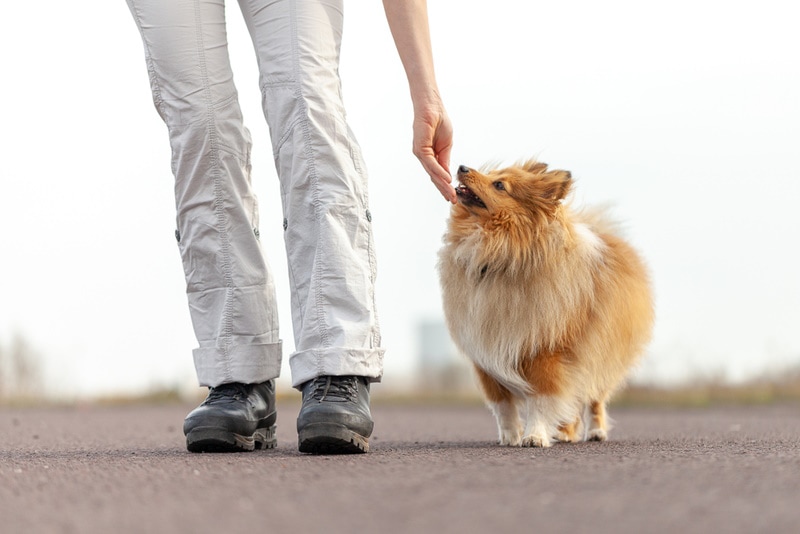
What Other Ways Do Shelties Show Affection?
If a Sheltie doesn’t cuddle, there are plenty of other ways that they show affection. This breed is sometimes called a Velcro dog, which is a cute way of saying that they like to be near you at all times. When you walk from room to room, your Sheltie will likely be trotting next to you.
They might also whine and nudge you with their nose when they want your attention. If a Sheltie doesn’t seem to enjoy cuddling, they will likely show their love for you by following you and sometimes sleeping next to you on the couch or bed.
So, don’t worry too much if your Sheltie isn’t a cuddle bug; they will demonstrate their affection in other ways. If they are still young, they might settle down and seek out more cuddles as they mature.
Conclusion
If you’re looking for a true lap dog, you might want to consider a French Bulldog or a Pomeranian, but most Shelties are definitely lap dogs. If you happen to have a Sheltie that isn’t a cuddler, that’s okay; they’re just a little different from the rest! As long as you respect their need to be left alone when that’s what they want, you can anticipate at least a few petting sessions every once in a while.
All that said, this is not a breed for a family when no one is home for most of the day. Spend time with your Sheltie, and ensure that they are getting all of the love and attention that they need. Ultimately, you should have a loving companion snuggled on or at least near you.
Featured Image Credit: Sarah Böhm, Pixabay


